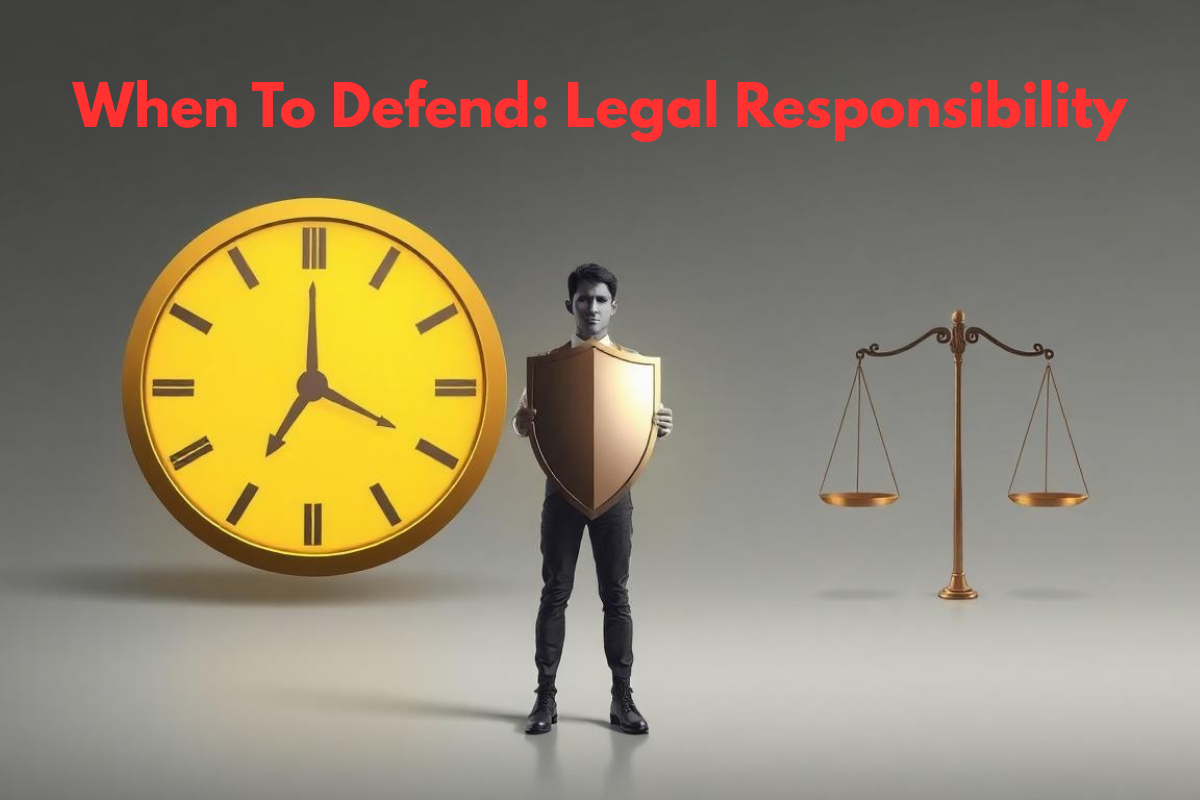
Stand Your Ground Laws
Stand Your Ground laws allow individuals in several states to protect themselves without a duty to retreat. This article examines what these laws mean and how they influence self-defense practices. These laws are designed to provide immediate safety to those facing clear and present danger, emphasizing a citizen’s right to defend their life.
Understanding “Stand Your Ground” Laws
Stand Your Ground laws remove the legal obligation to avoid confrontation in dangerous situations. You do not have to step aside or back down if you feel threatened. Instead, you can defend yourself even in public spaces. Several states in the U.S. have adopted these rules, reshaping how self-defense is handled in court.
These laws build on the idea that every person is entitled to safeguard their life. They differ from traditional self-defense rules that require retreat when it is safe. This updated approach reflects a growing belief that individuals must have the right to act without delay when confronted with a real threat.
The Impact on Self-Defense and Legal Outcomes
Stand Your Ground legislation has stirred considerable debate. Many supporters argue that these laws boost law-abiding citizens, ensuring they avoid legal repercussions when defending themselves. Focused on immediate action, this framework aims to deter potential attackers by supporting the rights of innocent individuals.
Critics note that these laws can sometimes lead to unnecessary use of force. The threat interpretation may vary from case to case, affecting how law enforcement and courts handle incidents. Despite the debate, the law’s core purpose remains clear: to allow self‐protection without a mandated retreat.
This legal standard also prompts further discussion about community safety and fairness. It reminds citizens to stay aware and prepared in unpredictable situations.
Overall, Stand Your Ground laws reflect a shift in legal philosophy. They stress the importance of personal safety and legal clarity in dynamic environments.
Key Takeaways:
- Stand Your Ground laws permit self‐defense without a duty to retreat.
- The rules are meant to protect people facing clear threats.
- They differ from traditional self‐defense requirements that mandate retreat.
- The legal landscape is shaped continuously by court decisions.
- Understanding the law and acting responsibly are very important for safety.




![What Happens If You’re Arrested For Self-Defense? [2025 Update] What Happens If You’re Arrested for Self-Defense?](https://selfdefensemastery.com/wp-content/uploads/2025/04/what-happens-if-you-re-arrested-for-self-defense-.jpg)
